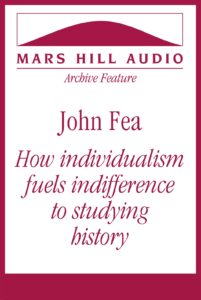
Countering American apathy toward history
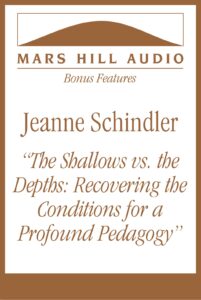
Education that counters alienation
In this lecture, Jeanne Schindler explores how digital technologies warp not only education but our experience of being human. (30 minutes)
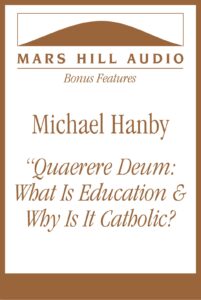
Education vs. conditioning
Education necessarily involves metaphysical and theological preconditions, and Michael Hanby argues that our current education crisis is a result of society rejecting these preconditions. (41 minutes)
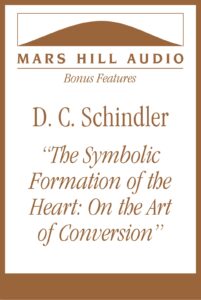
Knowing by heart
D. C. Schindler reflects on Plato’s idea of “conversion” in education, assuming the symbol of the heart as the center of man. (39 minutes)
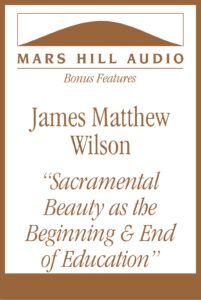
Education as a pilgrimage and a mystery
In this lecture, James Matthew Wilson gives a compelling argument for understanding the role of a literary or poetic education as an immersion of the whole being in truth and beauty. (43 minutes)
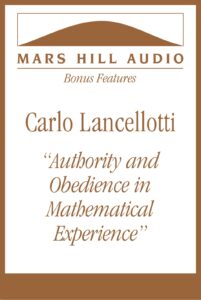
Submission to mathematical truth
In this lecture, Carlo Lancellotti argues that integration of the moral, cognitive, and aesthetic aspects of mathematics is needed in a robust liberal arts mathematics curriculum. (25 minutes)
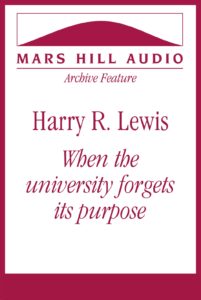
What higher education forgot
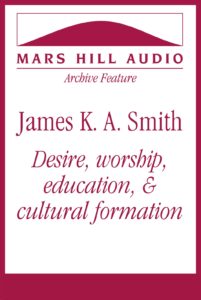
The formation of affections
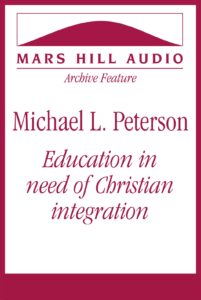
A Christian philosophy of integrated education
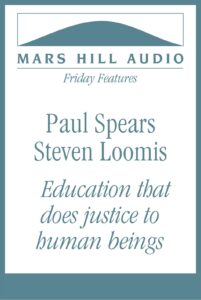
Education for human flourishing
Co-authors Paul Spears and Steven Loomis argue that Christians should foster education that does justice to humans in our fullness of being. (23 minutes)
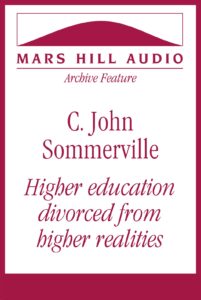
The social irrelevance of secular higher education
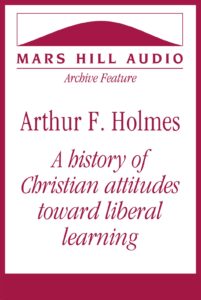
The history of Christianity and higher education

In praise of a hierarchy of taste
In a lecture at a CiRCE Institute conference, Ken Myers presented a rebuttal to the notion that encouraging the aesthetic appreciation of “higher things” is elitist and undemocratic. (58 minutes)

How music reflects and continues the created order
Musician, composer, and teacher Greg Wilbur explores how music reflects the created order of the cosmos. (55 minutes)

On wonder, wisdom, worship, and work
Classical educator Ravi Jain dives deeply into the nature, purpose, and interconnectedness of the liberal, common, and fine arts. (43 minutes)

Orienting reason and passions
In an essay titled “The Abolition of Mania” (Modern Age, Spring 2022), Michael Ward applies C. S. Lewis’s insights to the polarization that afflicts modern societies. (16 minutes)
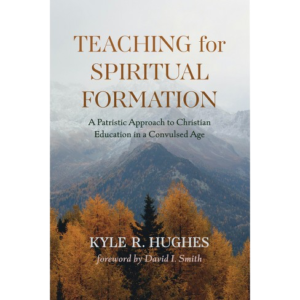
Christian education and pagan literature
Kyle Hughes on learning from Basil of Caesarea about the curricular choices for Christian educators
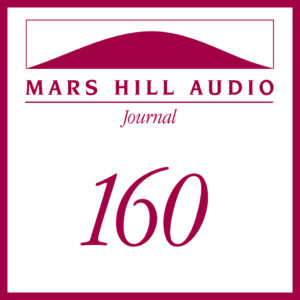
Mars Hill Audio Journal, Volume 160
FEATURED GUESTS:
Jessica Hooten Wilson, Kyle Hughes, Gil Bailie, D. C. Schindler, Paul Tyson, and Holly Ordway
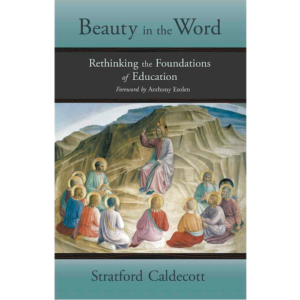
Teaching for wonderfulness
Stratford Caldecott on why education is about how we become more human, and therefore more free
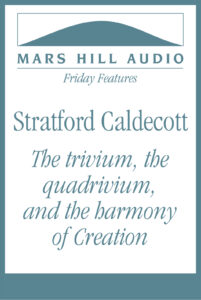
Education and human be-ing in the world
In championing a classical approach to teaching, Stratford Caldecott was an advocate for a musical education, affirming the harmonious unity in Creation. (26 minutes)